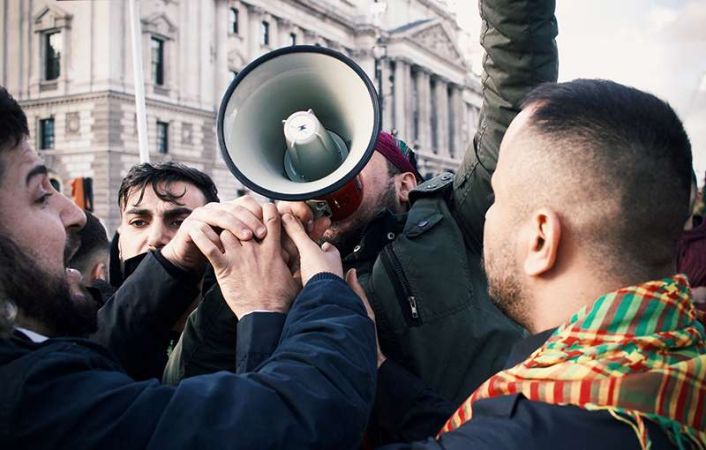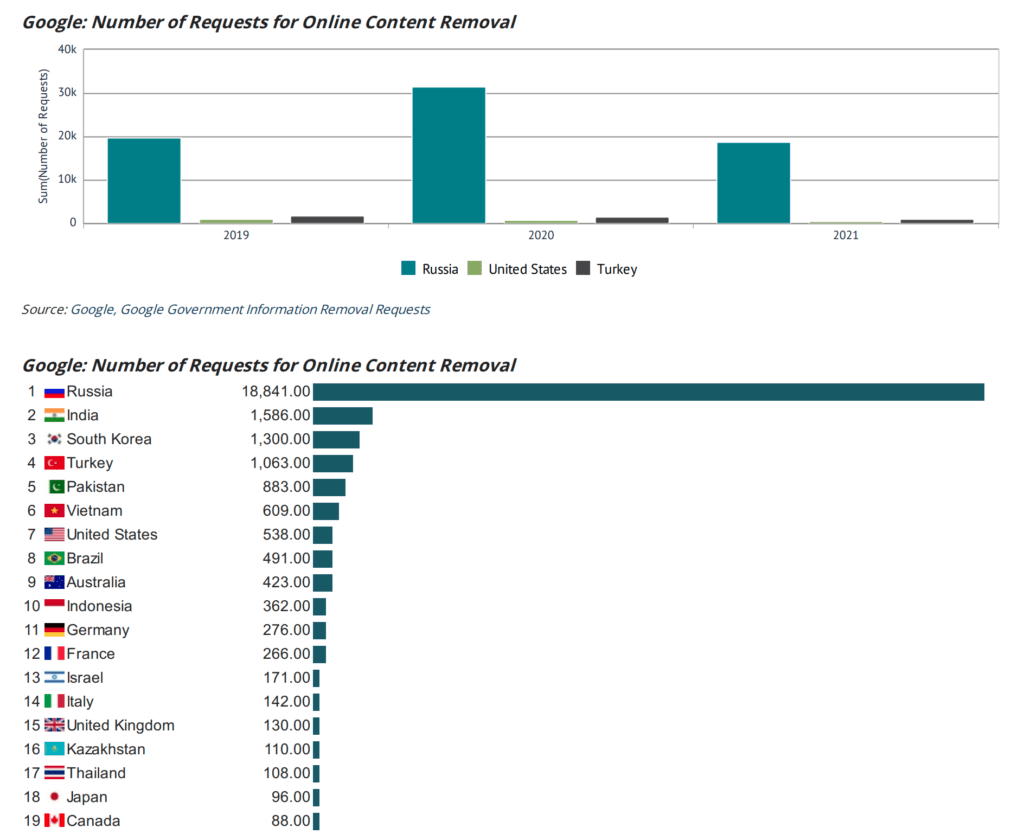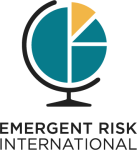OUR DATA PORTAL Emergent RiskIQ Login
Chances of Regime Change in Russia

Russia: Regime change remains a low likelihood/high impact scenario in Russia, despite the toll sanctions are taking on the economy, the detention of thousands of Russian protesters and the $1 million bounty on President Vladimir Putin.
Why it Matters:
Sanctions will have a major impact, but don’t expect a full collapse of the Russian economy. The tendency when thinking about major blows to an economy like that which we are seeing in Russia is to expect a full economic collapse; something that brings down the government and leads to whole of society upheaval on par with Indonesia during the Asian financial crisis. The reality is more nuanced; more frequently ordinary people suffer, but countries muddle along. Sometimes for very long periods of time, like Venezuela and Zimbabwe. While the official and unofficial sanctions on Russia are stronger even than those that have been levied on Iran and Venezuela over the years and will be painful, there are several factors working in Putin’s favor that will mitigate some of the fallout. First, China appears ready to buy Russian oil and Russian agriculture in large supply, with several new pipelines in the works and China’s ever-growing need for food imports. Meanwhile, Chinese brands are likely to grow in Russia – expanding into the vacuum left by US and EU companies that have left. Russian companies are also likely to push into Chinese and other Asian markets, capitalizing on the west’s deteriorating relations with China. Meanwhile, the continued rise in oil prices will likely put enough money in Russia’s bank accounts to sustain some financial support to the population as higher inflation and scarcity start to take effect. Meanwhile, Russia has broadly tightened control over the media narrative inside the country – with Putin strongly directing blame at the West, which will sustain a modicum of support for Putin amid the hardship, lessening the likelihood of internal attempts to change the government.

Note: Russian government requests for online content removal over the last few years have dwarfed that of every other country by orders of magnitude. Much of this is because of the government’s efforts to “disconnect Russia” from the global internet and create a great firewall similar to that of China. Such insulation and removal of content objectionable to the government is meant to control the narrative and keep dissent at bay.
While current protest numbers are too low to drive regime change, an increase in Russian war casualties and worsening economic conditions will likely cause them to intensify, though they are still unlikely to oust President Vladimir Putin without a central movement leader. Mass demonstrations could result in President Putin’s removal only if they move from urban centers to include semi-urban and rural parts of Russia – where support for Putin’s actions remain strong. Russian state-run polling agency VTsIOM claimed nearly 71% Russians supported the “special military operation” in Ukraine as of March 5. This number, however, declines to 50% in an independent poll conducted by CNN. To date, the Kremlin has arrested over 13,000 people involved in anti-war protests, but this is not representative of a large protestor turnout, with only a few dozen people seen at most protest sites, excepting a few larger protests in Moscow and St. Petersburg. Research indicates peaceful revolutions require engagement of at least 3.5% of the population. For Russia, that would be roughly five million people – a number current protests are far from. The lack of a centralized opposition movement or leader adds to the low likelihood of protest-led regime change, especially as Putin has managed to silence critics, dismantle institutional checks and balances, and gain greater control over mass media. However, demonstrations by mothers of wounded or killed Russian soldiers – a demographic with a long history of political activism in Russia – and protests over inflation, declining pensions, low wages and other specific economic grievances exacerbated by sanctions will all likely become more common in the coming months as the conflict, and sanctions, continue. Further, defiant acts that prompt the average Russian to question the state narrative, such as the television producer who held a poster condemning the war on a live show in Russia, may encourage greater popular participation in the anti-war movement.
A $1 million bounty for Putin’s arrest as a war criminal is unlikely to sway events, but erosion of support among Russia’s oligarchs makes Putin more vulnerable. US-based Russian CEO of software company TransparentBusiness Alex Konanykhim’s offer of $1 million for Putin’s arrest at the beginning of March garnered Western media attention but is unlikely to have received much play inside Russia. The sum is symbolic, as those who would find the bounty sufficient motivation are unlikely to have access to Putin, let alone to turn him over to international justice, while those who have access to Putin are unlikely to be motivated by such a pittance. Though ascertaining the net worth of Russia’s oligarchs is challenging given their skill in stashing much of their wealth off-shore, economists estimated they held approximately $800 billion as of 2015 – or three times Russia’s net foreign reserves at the time. Putin’s cronies can well afford to provide him with emergency finances to back to his goals, regardless of Western sanctions, which likely have hampered access to only certain pools of their wealth. That said, there are indicators that sanctions and seizures of property may have sufficiently irritated members of Russia’s elite that they are no longer convinced Putin is good for business. Close Putin associate Roman Abramovich announced on March 2 that he was selling UK-based Chelsea Football Club and moreover would donate the proceeds of the sale to a charitable fund to benefit Ukrainian war victims. Alfa Group Chair Mikhail Fridman and Rusal founder Oleg Deripaska have both also spoken out against the war. While these voices are yet too few to signal a turning of the tide, their commentaries – and the ripples they will create in Russian business waters – may yet inspire greater activism from the Russian public against Putin’s continued rule. Meanwhile, the West’s willingness to finally sanction those who have for decades benefitted from Putin’s power at the expense of democracy and development may prove the greatest inspiration to those who would seek to overturn the whole corrupt system rather than just the man at the top.
What to watch for:
Acts of domestic terrorism within Russia, especially Moscow. The capital has suffered terrorist attacks before, and with Russia’s military apparatus focused on Ukraine, domestic and foreign militant groups may consider the timing conducive to operational success. Further, domestic groups may see mass protests as useful cover to plant explosives or gain visibility through other mass casualty events.
Increasing cyber activity contributing to regime disruption. Hacktivist group Anonymous declared cyberwar on Moscow. Claims it has compromised over 90 Russian government databases, leaked files from the agency responsible for censoring Russian media, and disabled government websites have been largely confirmed by independent agencies and are likely to continue, increasing public dissatisfaction with provision of services and enabling content that counters the state narrative to reach otherwise sheltered populations, such as calls for Putin’s removal.
Sign up for our Newsletter
ERI has offices in the United States, Singapore, the United Kingdom and Ireland. Want to know more?
